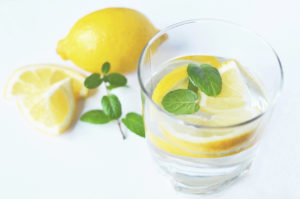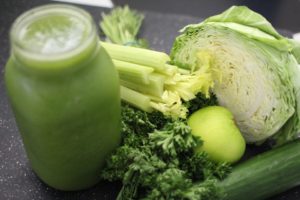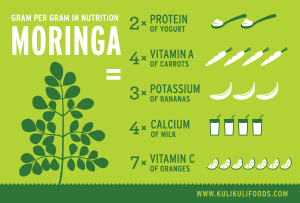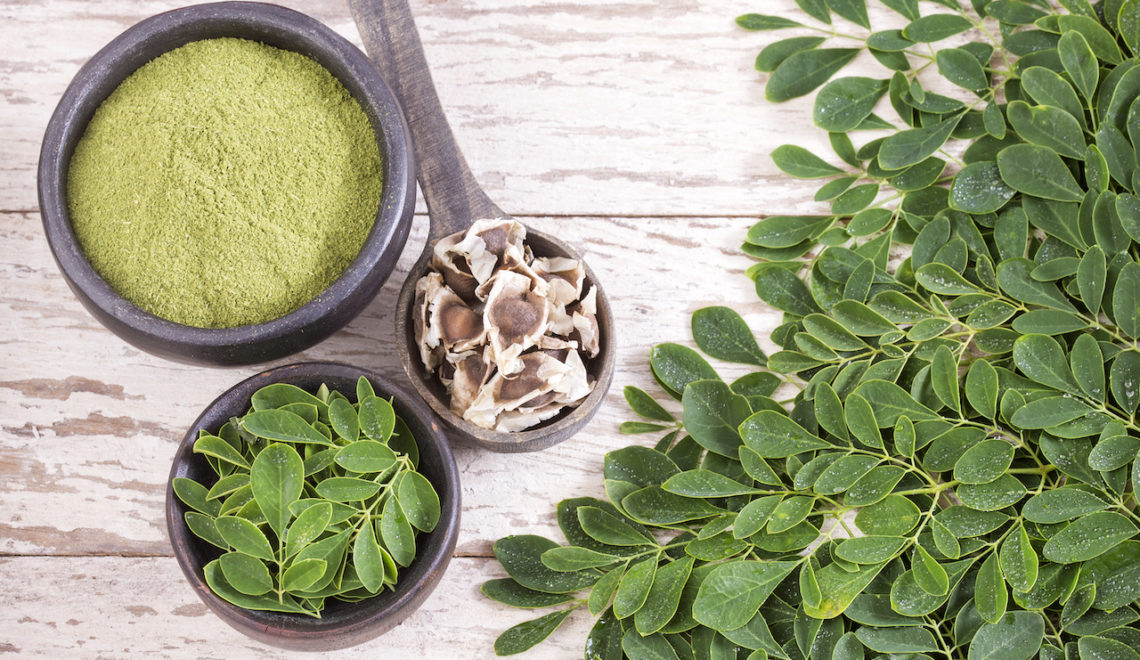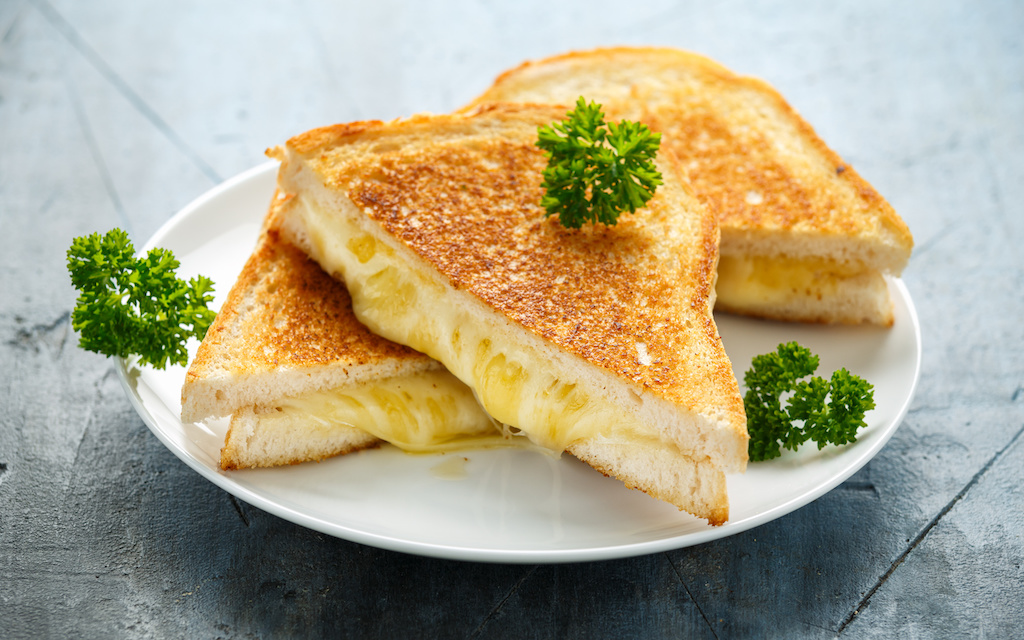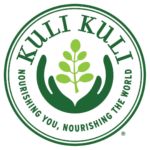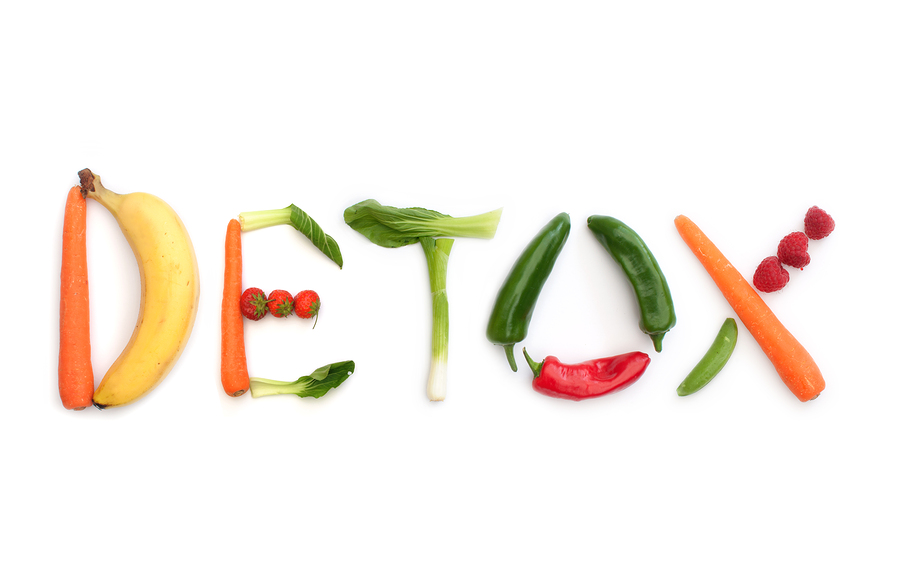
Detox diets are one of the most prominent fads to hit the scene in the last few years. It’s popped up everywhere from YouTube to TV to random food products at the grocery store: detox diets, smoothies, guides, and a whole myriad of other products and advice.
Detox guides and recipes entail restricting the intake of foods, followed by a period of fasting and limited exercise. There are even some detoxing products that are ready-made. No matter the source, these products, recipes, and guidelines promise to rid the body of harmful toxins and promote weight loss. However, it turns out that the rationale behind such practices is quite faulty and can even be harmful if taken to the extreme. In a world where we want everything from food to weight loss to be fast and to have pure and well-oiled machines as bodies, we tend to believe anything that can give us what we want.
What is a toxin?
A toxic substance or toxin is a substance can harm to an organism. To a greater extent, toxicity is the degree to which a substance can damage an organism. The damage can be an effect on the entire organism or a part of an organism such as an organ or cell. It is not difficult to define or think of a toxin; pesticides are toxic to bugs, bleach can be toxic to humans as well as cyanide, arsenic, and carbon monoxide. There are many harmful things in the world, some naturally occurring and some human made.
What is detox?
Detoxification or detox is the removal of toxic substances from a living organism by physiological or medicinal purposes. Detox or cleansing diets suggest that foods have contaminants in them that are toxic to the body such as pesticides, food additives, and heavy metals and aim to remove such substances from the body. Many of these diets include consuming a very limited amount of calories in the form of fruit and vegetable smoothies or concoctions such as lemon water, maple syrup, and cayenne pepper for about ten days at a time. Some detox diets also call for fasting for up to eight hours during the day. Others have the goal of cleansing one organ such as the colon or liver, thereby improving their function and promoting weight loss.
How does the body handle toxins?
It turns out that our bodies do accumulate harmful substances from our environment and the food we eat. However, our bodies are very well equipped to handle these substances and can get rid of them whether or not we only drink green smoothies for ten days and fast for eight hours a day. The liver, kidneys, and the entire digestive system aid in separating what goes into our bodies by what we can and cannot use:
– The kidneys remove excess substances from the blood and remove waste products from metabolism.
– The liver filters blood that comes from the digestive system and passes it to the rest of the body. It also detoxifies chemicals.
– The large and small intestines work to absorb nutrients from food and get rid of everything else as waste.
Detox Concerns
One concern about detox diets, especially those that are commercially available, is that creators or endorsers of the practices never explain what a toxin is or give evidence on how their method works. In a 2009 investigation by Sense About Science, a British charity that promotes the public understanding of science, they checked out 15 commercial detox products and found that none of them agreed on a definition of detox, named toxins, or gave any evidence for the claims they were making.
According to doctors at the Mayo Clinic, detox diets can severely limit protein consumption, which can cause fatigue. Although one detox would not be detrimental to the body, prolonged fasting or limitation of whole food groups like fat, fiber, and carbohydrates can result in vitamin and mineral deficiencies. Colon cleansing can cause cramping, bloating, nausea, vomiting, and dehydration. As for weight loss, users of a detox diet may lose weight, but not because of detoxification. A drop in weight would simply be due to the fact that they would not be eating and any drop in weight may only be due to the loss of water weight. For example, water is stored in muscles with glycogen, the storage form of glucose in the body. When consuming a low calorie diet, such as a detox diet, the body uses up all of its glycogen stores (about 2000 calories) along with the water stored with it. That water weight will be gained right back once a normal diet resumes. After a few days on a detox diet, the body will begin essentially running on fumes after its glycogen stores have been depleted. The body can have a delicate balance; too much or too little of a nutrient, even fat and sugar, can cause ill effects.
The good news is, one period of a detox diet is not going send the body into crippling nutrient deficiencies. In fact, it most likely won’t do anything at all except cause fatigue and hunger. Such diets have not shown to have any benefit to those who use them. Although there have been claims of individuals feeling better or being cured of an ailment from practicing a detox diet, most doctors have concluded that this was either due to a placebo effect or they were “cured” of an ailment that would have subsided on its own no matter what.
What can be done to promote detoxification?
As stated above, our bodies will take care of detoxification on their own, regardless of what we consume. However, one can support their body by being healthy and simply eating a variety of foods. This can ensure that the body is receiving all of the nutrients it needs to do its job right.
Eat Healthy for a Healthy Body
As for the smoothies, it is, of course, not a bad idea to drink smoothies in moderation since they can be a great way to get enough fruits and vegetables, especially those leafy greens that might not be so appetizing by themselves. Try adding Pure Moringa Vegetable Powder to smoothies (like these!) and many other dishes. Moringa is packed full of iron and other vitamins and minerals along with protein, fiber, and antioxidants. Moringa even contains all nine essential amino acids and one tablespoon is equal to a whole serving of vegetables.
To conclude, detox or cleansing diets may not be what they are all cracked up to be and may even be harmful if used continually. It still stands that a good balanced diet and exercise is a great way to be healthy. If we take care of our bodies, they’ll take care of the rest.
Sources:
Zeratsky, Katherine, R.D., L.D. “Do Detox Diets Offer Any Health Benefits?” Nutrition and Healthy Eating. Mayo Clinic. Web. 14 Jan. 2015. <http://www.mayoclinic.org/healthy-living/nutrition-and-healthy-eating/expert-answers/detox-diets/faq-20058040>.
Klosowski, Thorin. “What Happens in Your Body During a “Cleanse” or “Detox”” Lifehacker. N.p., 11 Dec. 2014. Web. 14 Jan. 2015. <http://lifehacker.com/what-happens-in-your-body-during-a-cleanse-or-detox-1669540259>.
“Debunking Detox.” · Sense about Science. Web. 14 Jan. 2015. <http://www.senseaboutscience.org/pages/debunking-detox.html>.

